Guest
-
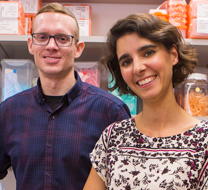
Team’s findings could spur new treatments for type 2 diabetes
An international research team including scientists from Vanderbilt University has discovered how the diabetes drug metformin blocks glucose production by the liver. The discovery, reported Aug. 27 in the journal Nature Medicine, could lead to development of new ways to treat type 2 diabetes. “The most common drug to manage type 2 diabetes… Read MoreSep. 11, 2018
-
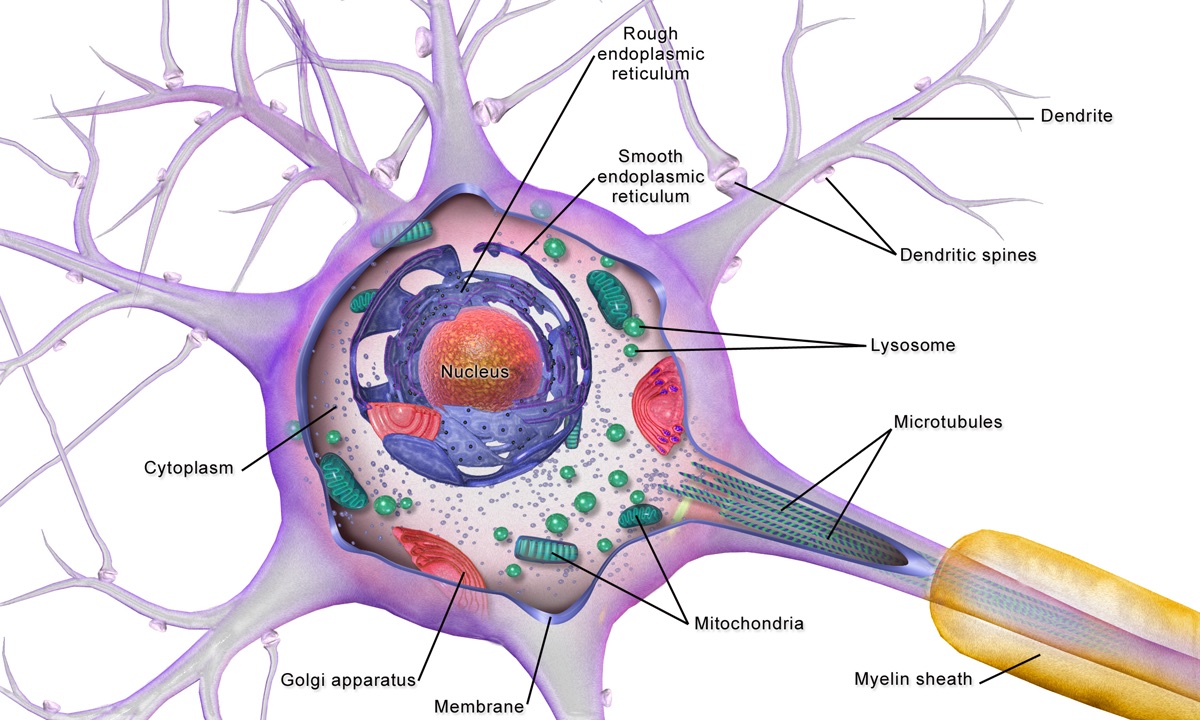
New Target for Treatment of Schizophrenia
New Target for Treatment of Schizophrenia Although today’s antipsychotic medications provide effective relief from some of the symptoms of schizophrenia, not all symptoms are improved, and most patients suffer significant drug-related side effects. In the search for better drugs, recent attention has focused on the M4muscarinic acetylcholine receptordue to… Read MoreSep. 10, 2018
-
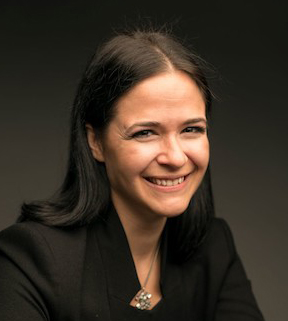
Calipari Awarded 3 Year Mallinckrodt Jr Foundation Grant
Erin Calipari, Assistant Professor of Pharmacology, Vanderbilt Center for Addiction Reseach, recently won a Mallinckrodt Jr Foundation award providing funding for 3 years at $60,000 per year. See more about her addiction research here. Read MoreSep. 6, 2018
-
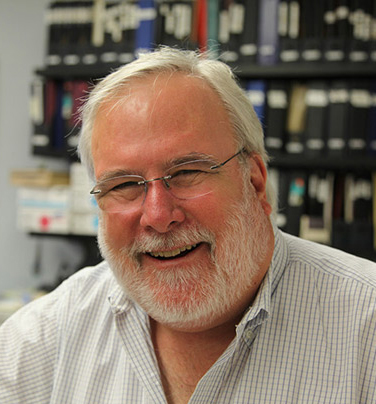
New faculty chair created in memory of biochemist Richard Armstrong
A $1 million gift to Vanderbilt University has established a new faculty chair named in honor of the late biochemist Richard Armstrong, whose groundbreaking work formed a basis for understanding the enzymatic function of antibiotic resistance. The Richard N. Armstrong, Ph.D. Chair for Innovation in Biochemistry, which will support a… Read MoreAug. 30, 2018
-
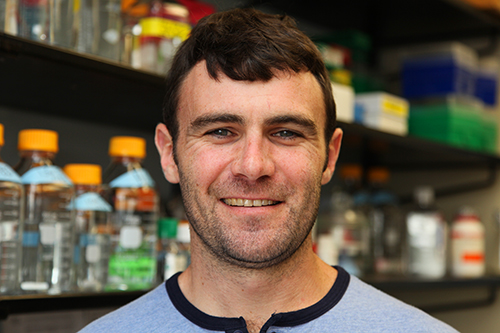
Energetic gene switch
Histones are proteins that regulate the unwinding of DNA in the cell nucleus and the expression of genes based on chemical modifications or “marks” that are placed on their tails. Understanding how the histone “code” regulates gene expression is important for understanding disease. Reporting in Proceedings of the National Academy of… Read MoreAug. 30, 2018
-
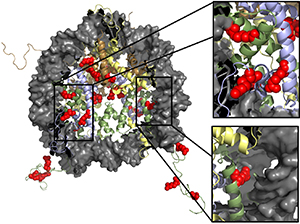
Methylglyoxal-Histone Adducts
Methylglyoxal-Histone Adducts As the primary protein component of the nucleosome, histones play a critical role in packaging DNA and regulating chromatin dynamics. Histones contain an unusually large number of lysine and arginine residues, particularly in their N-terminal tail. These residues serve as sites of numerous enzymatically controlled post-translational… Read MoreAug. 29, 2018
-

Gould awarded $10K prize for achievement in research
Vanderbilt’s most prestigious faculty honor for accomplishments in research, scholarship or creative expression was awarded to Kathleen Gould during Fall Faculty Assembly Aug. 23. Gould, the Louise B. McGavock Chair, professor of cell and developmental biology, and associate dean for biomedical sciences, received the Earl Sutherland Prize for Achievement in Research. Gould’s research focuses… Read MoreAug. 24, 2018
-

Clue to treating obesity found in body’s ‘rheostat’
Researchers at Vanderbilt University and the University of Michigan have discovered a critical factor in the rheostatic control of the body weight by the brain. Their findings, reported this week in the journal Science Advances, help explain the weight gain that occurs during pregnancy and could lead to a new approach for treating… Read MoreAug. 23, 2018
-
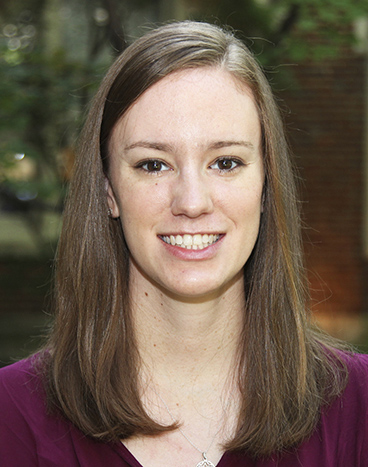
New award honors research by graduate students
The Vanderbilt University School of Medicine has established a new award to recognize and support outstanding graduate students who have distinguished themselves through the excellence, significance and scientific rigor of their work. This month eight graduate students entering their fourth year of training will receive the inaugural Dean’s Award for… Read MoreAug. 23, 2018
-
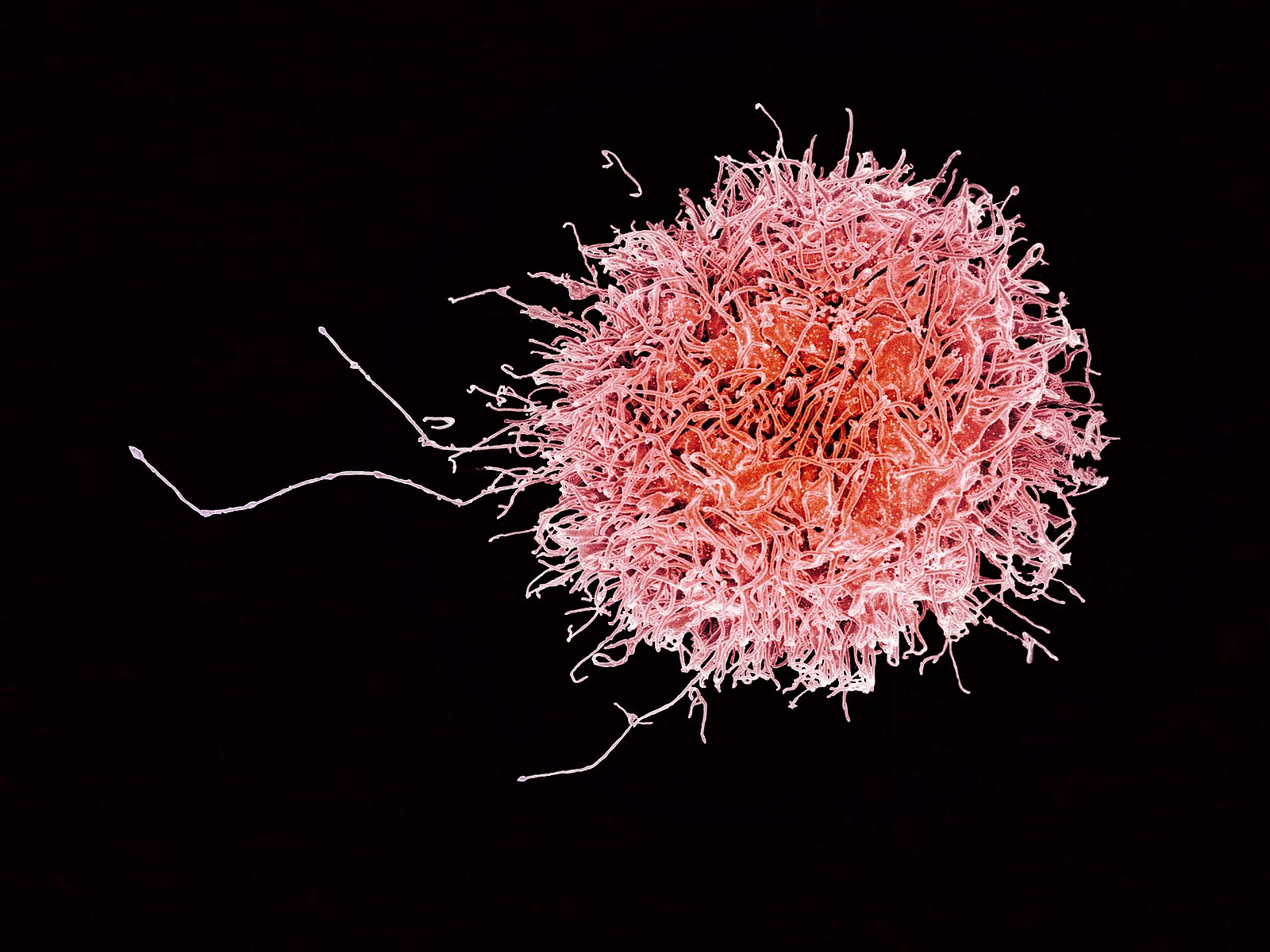
Targeting Melanoma by CXCR4 Inhibition
Targeting Melanoma by CXCR4 Inhibition Chemokine receptor 4 (CXCR4) is a G protein-coupled receptor that is overexpressed in many kinds of cancer, both in the tumor cells themselves and in the surrounding stroma. CXCR4-mediated signaling, initiated by its endogenous ligand, CXCL12, promotes tumor initiation, progression, and metastasis. Hence, CXCR4… Read MoreAug. 22, 2018